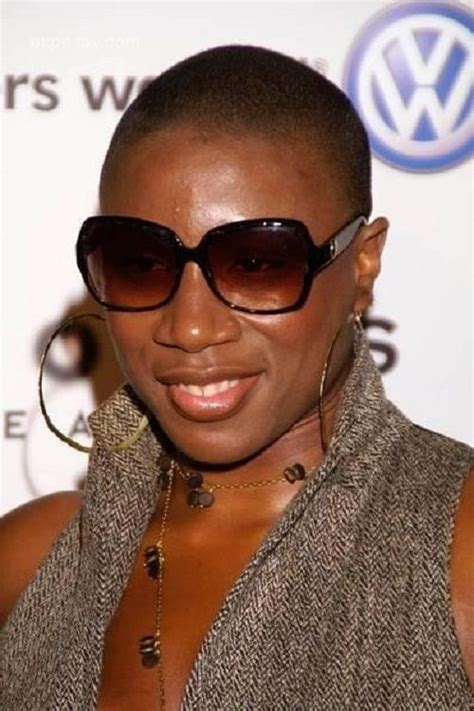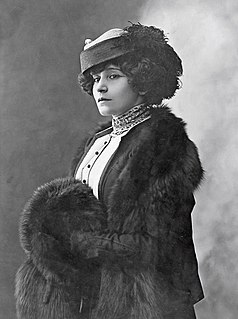A Quote by Jennifer Weiner
I think it's a very old and deep-seated double standard that holds that when a man writes about family and feelings, it's literature with a capital L, but when a woman considers the same topics, it's romance, or a beach book - in short, it's something unworthy of a serious critic's attention.
Related Quotes
Considering that "literary fiction" is a sub-genre that's not quite the same as "literature," either, it follows that the short, semi-humorous bits posted online for all to see are something absolutely other, uniquely themselves compared to canonical short stories, for example, and so it'd probably be best to call it something other than "online lit" since I honestly think very little of it can compare to so-called "literature."
I think an awful lot of the reasons people put forward for not liking Hillary Clinton play into deep-seated, negative female stereotypes: ambition, secrecy, calculating. I mean, that is Lady Macbeth, a kind of cold woman. I don't think that's Hillary. And I don't think people would judge a man in the same way.
A writer writes a book. People read it. You don't know what they're reading, really. You read a review and think, "That is so inaccurate. You can't have been reading my book with any kind of attention, because that is all wrong, that's even the wrong name you're including there." But these reviewers have been diminished in importance, the work is so little respected. If you're reviewed by a real critic, by James Wood or Louis Menand, then you get something that is informed, interesting, and highly articulate. But the average review doesn't have that kind of depth anymore.
What I'm trying to say is: it gets boring when nothing meaningful is discussed about it. It's the same thing when a woman poet writes about suffering - it's a "woman's tendency to depression and grief." It's not a human, universal tackling of something that exists in all of us. It's suddenly a "woman issue."
Literary men now routinely tell their readers about their divorces. One literary man who reviews books wrote, in reviewing a study of Ruskin, that he had never read a book by Ruskin but that the study confirmed him in his belief that he didn't want to read a book by Ruskin. This man very often writes about his family life.





































